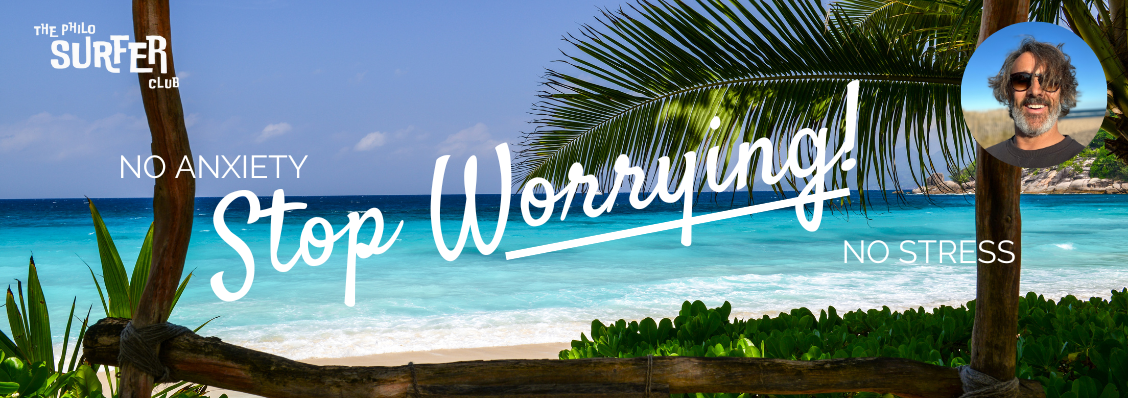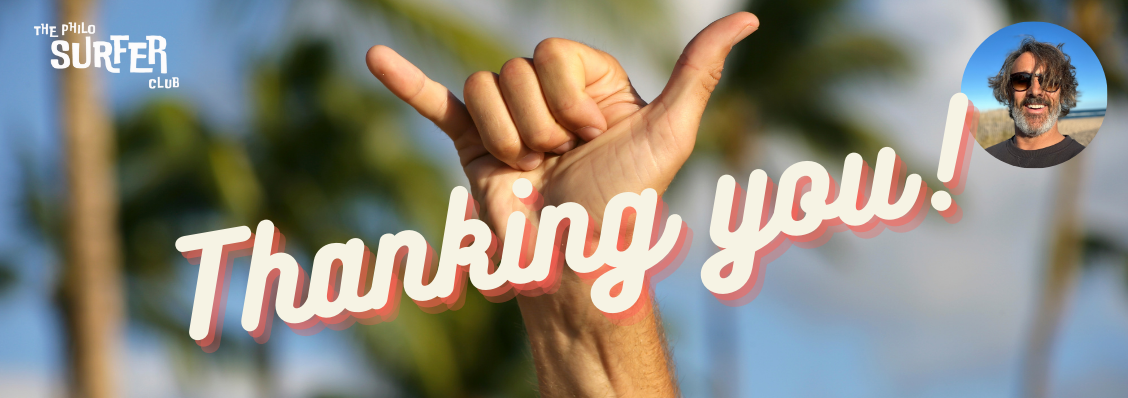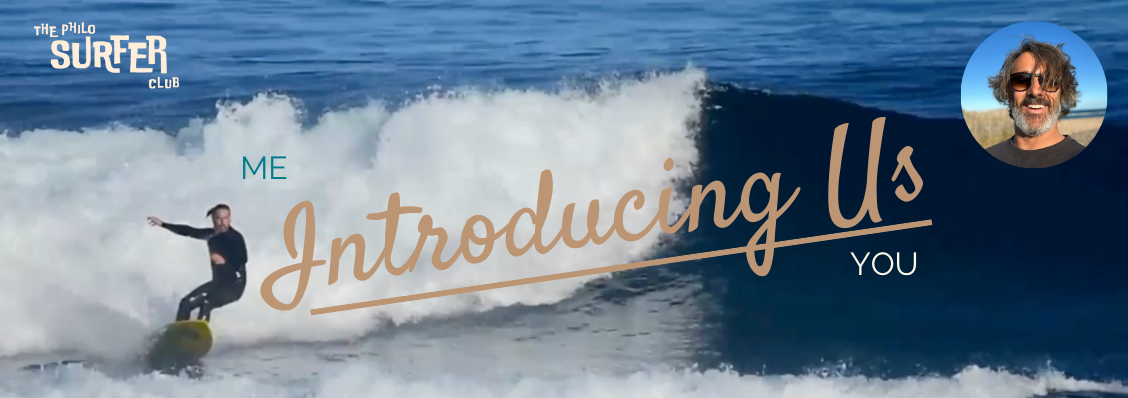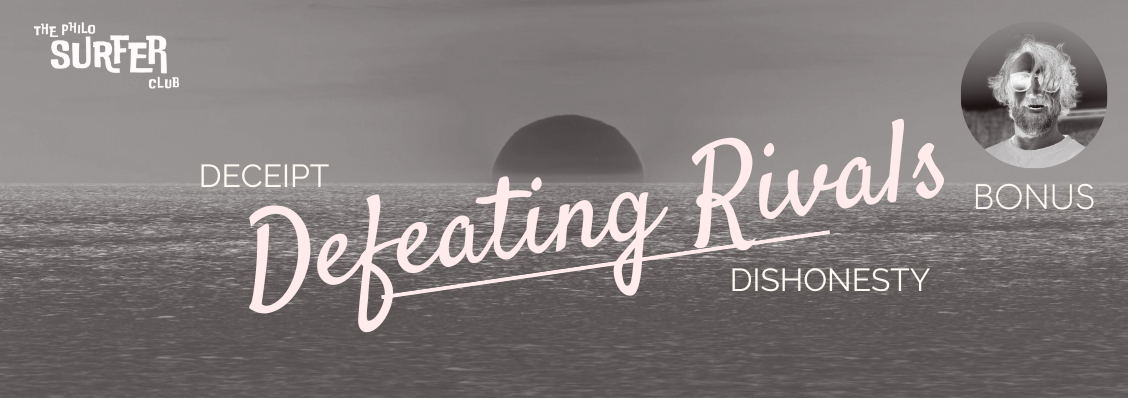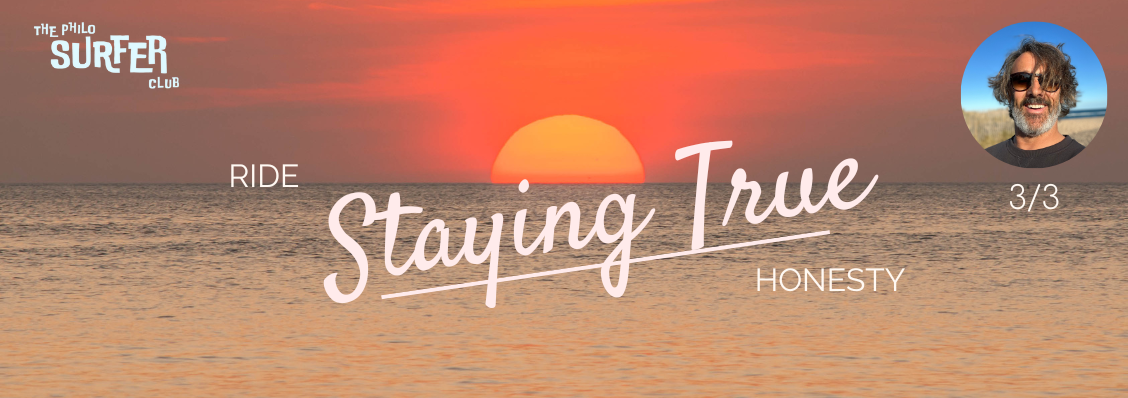I used to resist anxiety with all my heart.
Take, for instance, what happened to me in 2011.
I was eager to find funding to continue my doctoral dissertation. I applied to one of the few fellowships available, but didn’t get it.
Without it, I could not return to Southern Mexico to complete my Social Anthropology research on the Mixe indigenous political structures.
And there were no other options.
The budget cuts were colossal in Spain in the midst of The Great Recession.
What was I going to do?
I was petrified, frustrated, angry, and many other things that I couldn’t express.
Still I opposed processing those feelings & kept on trying way too hard to make the system work for me as it had supported many researchers before me. But it didn’t work.
Consequently, my body reacted to my strong resistance.
Out of the blue, I had a panic attack.
In the Barcelona underground, while we were going between Plaça Catalunya and Liceu stations.

Those might have been the worst 90 seconds of my life.
Shortness of breath. Raging heartbeat. My body totally unreactive of my mind.
That scared me to death.
Being a brainiac as I am, not controlling your physiological reactions terrified me.
Eventually, my breath came back & I was able to get home.
That experience taught me that you can’t avoid facing your fears.
They travel faster than a set wave. They always catch up & smash you. No duck dives will ever make it to the other side without riding them.
As Carl Jung put it:

“What you resist persists.”
He meant that if you oppose resistance to an unprocessed feeling, you’ll bring it up more often than if you complete the cycle of that emotion.
So next time you’re feeling anxious, try this…
Nothing?
Yes, nothing.
Don’t do anything.
Anything at all.
Wu wei.
Just listen.
Your only task is to discern what your body is trying to tell you.
Only then, act upon it. Follow your instincts, intuition, heart, sixth sense, or whatever you want to call that whisper in the back of your mind that started the whole process.
Dealing with anxiety, most of the time, nothing is better than something.
Try just being present.
Let that fear speak to you—face to face.
There’s always a cause behind those feelings. It might come from the body or the soul.
But both are real. Both are painful. Both are messages that will grow into roaring “fortissimo” shouts if you don’t stop & pay attention.

The side effects can be devastating if you don’t listen to them.
From sleep deprivation, eating disorders, and self-immune diseases to mental discomfort, lack of fulfillment, or full-blown depression.
Conversely, do nothing in the Taoist sense of wu wei, ie not opposing resistance, effortlessly accepting, fully handling with those emotions not doing but being.
Then you’ll be able to understand what is the root cause of that discomfort, what are the messages that your soul is trying to tell to your conscious, and how you will be find back the inner peace lost.

So, let me share with you my favorite 3 techniques to stop resisting anxiety so you can re-connect with your heart.
#1. Get wet!
Water calm us.
May it be by watching the swells roll in, holding our breath underwater, or practicing any water sport.
As Karen Blixen aptly said,
“The cure for anything is salt water – tears, sweat, or the sea.”
So, what are you waiting for? Start crying, working out or catching some good waves right now.
You tell me how you feel after any of these activities.
#2. Express yourself!
Letting go of our mental chains & giving way to your creativity is a great way yo reconnect with your inner emortions.
Compose a song to be played on the ukele, write the cheesiest poem alive or paint a giant wave with you in the barrel.
The only requirement is to leave your inner critic outside of the room.
Just do it like a 3-year old – no judging or shame!
#3. Shake it! Shake it! Shake it!
I tend to freeze under extremely stressful situations.
Just like the rabbit that knows it’s too late to flee from the nearing predator.
But unlike the rabbit, I don’t shake my nervousness away after the danger is over.
Thus I don’t complete the stress cycle & accumulate anxiety in my nervous system.
Bad idea & unsustainable in the long run.

Lately, I’ve discovered the soothing effect of spitefully shaking for a long time.
It’s as easy as choosing that deep-bassed electronic tune, pump up the volume in your stereo & shake it with your eyes closed!!!
The only requirement is to leave your inner critic outside of the room…

There’s always hope, my dear PhiloSurfer.
Finally, I was able to go back to Mexico. It was not thanks to a fellowship but with the money from selling my motorcycle.
What my soul was telling me (and I was neglecting to hear) was:
“Don’t let your success depend on forces out of your control.”
When I understood that, my anxiety went back to baseline, my concentration boosted and, at the end of the day, my research was awarded as the best doctoral dissertation in Mexico.
Not bad for 300cc second hand Scoopy!
* * * * *
I have created a course on How Philosophy Can Soothe Your Soul in 5 modules.
Module 1 is How to deal with anxiety like a Stoic (or a big-wave surfer) and covers these 3 techniques and some others in depth.
Just reply to this email if you’re interested in knowing the details.
See you in the lineup,
I’m starting a new course on PHILOSOPHICAL SOUL THERAPY next SEPTEMBER 18th.
Only 12 seats ava¡lable.
If you’re interested, reply this email with “COURSE.”
Additional recommendations:
- “The Tao of Pooh” by Benjamin Hoff: This whimsical book uses Winnie the Pooh characters to explain Taoist principles like wu wei in simple, engaging ways, encouraging readers to find harmony and adaptability in their lives.
- “The Tao of Allowing” by G.P. Walsh: This book explores how allowing rather than resisting is key to reducing stress and anxiety from a Taoist perspective, offering valuable lessons on surrender and adaptability in the midst of life’s uncertainties.
- “The Anatomy of Anxiety: Understanding and Overcoming the Body’s Fear Response” by Ellen Vora: This book examines the underlying biological mechanisms of anxiety and provides science-based techniques to manage the body’s stress response, offering practical tools to navigate changing and challenging situations.
- “Saltwater in My Blood” by Easkey Britton: This memoir weaves together the author’s experiences with surfing and mental health, providing perspective on using flow activities to deal with anxiety while emphasizing the transformative power of embracing the ocean’s rhythms.
- “Ebb & Flow” by Easkey Britton: This practical guide teaches exercises based in neuroscience and mindfulness to address anxiety by embracing the ebbs and flows of emotions, offering a holistic approach to adaptability and resilience.
- “A Guide to the Good Life” by William B. Irvine: This introduction to Stoic philosophy provides insights aligned with Taoist principles of going with the flow to reduce anxiety, guiding readers to find inner calm and acceptance in the face of change.

